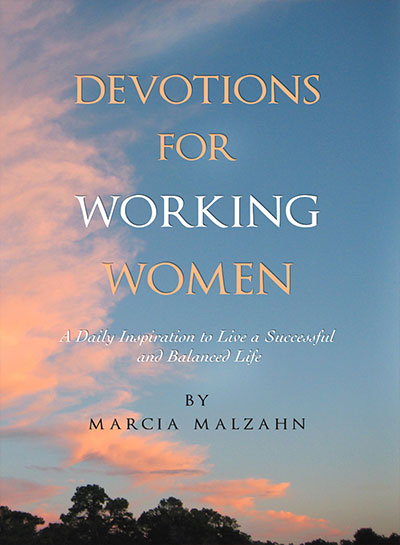
Do you really know your vendors? I would like to continue my posts on the topic of vendor management and how vital vendors are to the success of every organization. Through the years I have worked with many vendors of all kinds and I’ve had the opportunity to form long-lasting relationships with many of them. As a best practice and one of the strategies I used when starting a De Novo community bank back in 2005 was to obtain bids from at least two to three vendors who offered the same services so we could choose the right one. This strategy served us well and we were able to choose, almost 100% of the time, the right vendor for the product or service the institution needed.
In addition to doing due diligence with each vendor to ensure they are the right fit, to know they will exist long-term, and that they will keep your data safe, it is also important to form a good relationship with your vendors. As the CFO and COO, I worked with all the vendors, including reading and signing every contract, learning about their services, and protecting the institution at every level. I took that responsibility seriously and considered getting to know the vendors at a personal level of great importance. I worked with the sales person initially but I also got to know other key people in the company. This proved to be a great strategy for when sales reps left the company or my lead relationship manager was promoted to other positions. For example, with the financial auditors, I formed a long-term relationship with the relationship manager/partner, the lead auditor, and some of the staff auditors who visited each year to do the audit work. I did the same with the compliance auditors at a different firm, the IT auditors, and even with the State regulators.
It is also very important (and a great vendor management strategy) to diversify your vendor base. For example, I made relationships with various local accounting firms who provide services to community banks and credit unions, choosing separate firms to conduct compliance audits, IT external audits, financial audits, loan reviews, and tax return preparation. This strategy works great when it’s time to rotate firms so they don’t get too familiar with your institution. It is also a best practice for checks and balances within your community bank or credit union.
Get to know your vendors at the personal level and form long-term relationships because it will pay off.







